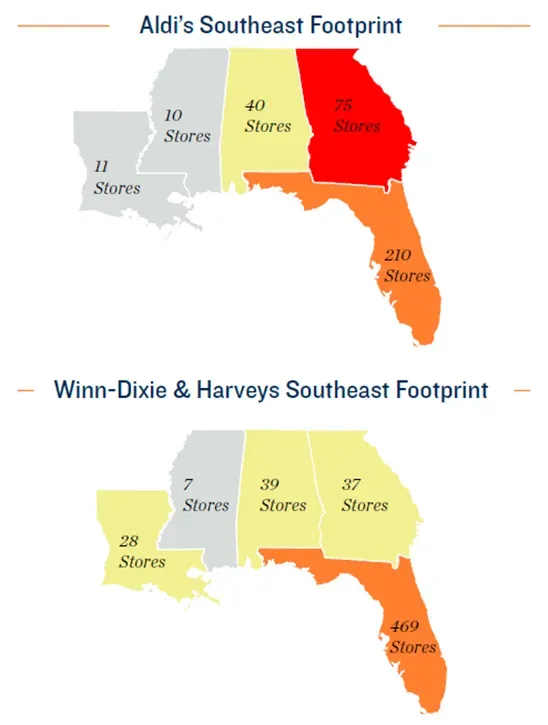Retail Tenant Bankruptcy: Should Property Owners Panic or Profit?
Retail Real Estate Rockstars! So, one of your tenants, let's say Rite Aid, just declared bankruptcy. Your heart sinks. But wait, is it all gloom and doom? Let's break it down!
The Not-So-Great Stuff
Rent Shortage: Bankruptcy often means your tenant can't pay rent on time. A lease is a contract, but bankruptcy laws can override it. Ouch!
Property Value: A bankrupt tenant isn't a selling point. This could affect your property's desirability and, subsequently, its value.
Legal Hassles: Bankruptcy comes with a sea of legal paperwork and court dates. Think of it as a bad breakup, but with lawyers.
The Silver Linings
Negotiation Leverage: Bankruptcy doesn't always mean eviction. You can renegotiate lease terms more favorable to you. It's like a reset button!
New Opportunities: Say your tenant leaves. This could be the chance to bring in a higher-paying tenant or even redevelop the space. Turn lemons into lemonade, right?
Tax Benefits: Yep, tenant bankruptcy can offer tax write-offs. Check with your tax advisor, but you could save some dough here!
The Bottom Line 🎯
Bankruptcy is like a rollercoaster for retail property owners. It has its lows, but hey, it can also give you an adrenaline rush of new opportunities. Be prepared, be proactive, and you could turn a problematic situation into a profitable one.
Hey, retail property owners, don't navigate these choppy waters alone. Whether you're dealing with a bankrupt tenant or looking to maximize your property's potential, I've got your back. Call me today!!
#RetailRealEstate #TenantBankruptcy #RiteAidBankruptcy #RealEstateInvesting #DontPanic #ProfitNotPanic

📣 Retail Property Owners, Listen Up! 📣
Don't just stand there like a deer in headlights. Take action! Evaluate your properties, consider potential new tenants, and maybe even give your property a little facelift. The ALDI wave could lift all boats, so make sure yours is ready to sail! Contact us now for personalized advice.
#RetailRealEstate #ALDIExpansion #MarcRetailGuy #PropertyValueBoost #GameChangerDeal #InvestSmart






